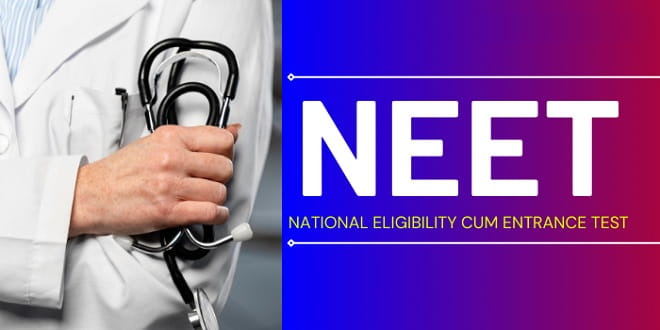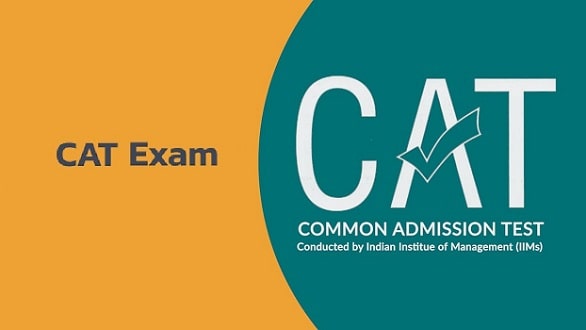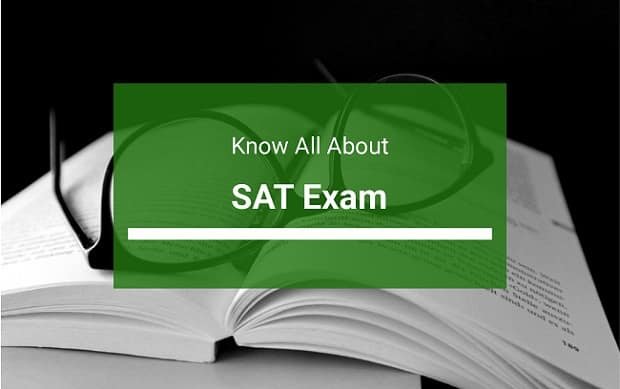When you were at a young age, you might have dreams of becoming a government officer or an IAS officer. Well, you must know all these posts require a lot of hard work and patience. Hence, if you are the one who also has an interest in being a government officer, then why not try your luck in the PSC exam?
What is PSC Exam?
The PSC examinations are conducted every year all over India for short listing the right candidates who can best serve the country. It is one of the popular and oldest state-level exams which is organized by the Public service commission (PSC) of respective states. The PSC holds a constitutional directive of assisting the government in different states of matter for disciplinary, deployment, and recruitment measures.
Eligibility criteria for PSC exam
As various states in India have different conducting bodies for organizing the PSC exam at the state level, the basic criteria of eligibility also differ from one state to other. The eligibility criteria of few states are described below, and for others, you can check out the official website under the state where you are applying.
Eligibility criteria for Rajasthan Public service commission
- Age limit- 18-40 years
- Qualifications- 12th pass or graduate
Eligibility criteria for Kerala Public service commission
- Age limit- 18-42 years
- Qualifications- 12th pass
Eligibility criteria for Bihar Public service commission
- Age limit- 18-40 years
- Qualifications- 12th pass or graduate
Eligibility criteria for Assam Public service commission
- Age limit- 21-38 years
- Qualifications- Must have a bachelor degree
Eligibility criteria for Uttar Pradesh Public service commission
- Age limit- 21-40 years
- Qualifications- 12th pass or graduate
Eligibility criteria for Chattisgarh Public service commission
- Age limit- 21-28 years
- Qualifications- Must be graduated
Eligibility criteria for Tripura Public service commission
- Age limit- 21-40 years
- Qualifications- Graduate
Eligibility Criteria for Himachal Pradesh Public service commission
- Age limit- 18-45 years
- Qualifications- Graduate
Eligibility criteria for Tamil Nadu Public service commission
- Age limit- 22-40 years
- Qualifications- Graduate
Eligibility criteria for Karnataka Public service commission
- Age limit- 18-35 years
- Qualifications- Graduate
Eligibility criteria for Uttarakhand Public service commission
- Age limit- 18-42 years
- Qualifications- Graduate
Eligibility criteria for Punjab Public service commission
- Age limit- Must be at least 21 years
- Qualifications- 12th pass or graduate
Eligibility criteria for Telangana Public service commission
- Age limit- 18-44 years
- Qualifications- 12th pass or graduate
Eligibility criteria for Madhya Pradesh Public service commission
- Age limit- 21-40 years
- Qualifications- 12th pass or graduate
Eligibility criteria for Odisha Public service commission
Age limit
21-32 years
Qualifications – 12th pass or graduate
PSC exam syllabus
To crack PSC exams, you have to be thorough in different subjects like Technology, Science, Economics, current affairs, Indian Polity, etc. The syllabus might vary from one state to another. Some of the general topics that you should study while preparing for PSC exams are mentioned below:
- Indian national movement
- Complete understanding of political, social, cultural, and economic Indian aspects
- International & National current affairs importance
- Ecology and environment
- Economic reforms
- Indian political system
- Interpretation of data
- Analytical ability and logical reasoning
- Basic numeracy
- World’s history from 18th mid century
- Geography of India and the world related to physical, economic, and social areas
- Comprehension
- Formation of sentences and words, Punctuation
- Synonym, antonym, phrases, idioms in English grammar
Exam pattern
The PSC exam pattern can also differ from one state to another. Generally, the pattern which is followed by most of the states are described below:
The PSC exam is segregated into 3 phases
- Preliminary stage, which has 200 marks
- Mains state (Descriptive) it carries 300 marks
- Personality test (Interview) 50 marks
In Prelims examination, 2 papers are conducted of general studies I and general paper II. The timing for each paper is 1:30 hours, total making it 3 hours. MCQ type of questions is asked in this. It carries negative marking for a wrong answer.
The main exam is a descriptive exam where 3 papers are conducted. It includes general studies I, General paper II and General paper III. The timing for each paper is 2 hours, total making it 6 hours. Descriptive-type questions are asked. There is no negative marking in this.
Once you have cleared Prelims and the main exam, then only you are allowed to give a personality test, which is a face-to-face interview. It carries 50 marks.
PSC exam application process
Visit the official website of the concerned state for accessing the application form. For example, you are filling the form from Uttar Pradesh, so you will log in on www.uppsc.up.nic.in and then go to its candidate segment.
- Click on “registration of the candidate” for entering important details
- Here you have to enter personal details like your name, recruitment type, father’s name/husband name, DOB, Gender, Marital status, email-id, contact information, qualification details, etc.
- Click on submit after completing the details.
- Then, you will have to pay the fees, where enter your registration number, date of birth, and your gender, and then proceed for making payment.
- You will be asked to make the payment through various modes. This includes Net banking, card payment, other transfer modes.
- Click on submit option to complete your form.
- After this, you will have to upload your signature and photograph. Make sure you check the guidelines related to signature and photograph before uploading them.
- Click on submit option and agree to its terms and conditions.
- Get a printout of your form and keep it safe for future purposes.
How to crack the PSC exam on the first attempt?
Getting a government is something that many people dream of.
- Well, the public service exams organized by the various state is not easy to crack. But with good preparation and study plan, you can clear it in a single attempt.
- Here are some expert tips to learn how to crack the PSC exam on the first attempt. Let’s have a look at them below:
- The candidates must be aware of the latest exam pattern and syllabus in which they are appearing. Though the syllabus of this exam differs from one state to another, the subjects are the same generally which includes general subjects, simple mathematics, basic English, general knowledge, history, etc.
- The candidates must have good study material for preparing well for the exams.
- For cracking your PSC examination on the first attempt, you must begin early preparation and must have planned things properly for covering the whole syllabus. You should prepare your solid study plan and stick to it. Focus on your studies intensively and make a note of important things for revision and quick reference.
- Give some time in reading newspapers for increasing your general knowledge and read general books.
- Solve previous year PSC exam question papers, and give mock tests. It helps in knowing about the exam pattern, trends of questions, and knows about the difficulty level beforehand. This helps them in time management and assists in managing things in a better way.
- For clearing the PSC exam in a single attempt, the candidates can take up preparation programs online or coaching classes. You must do self-study, by taking the best assistance of study resources online and using self-study techniques for designing strategies in your way.
- Carefully analyze your performance and identify your weaknesses and strength for improving performance. You must learn how to manage and use your precious time to perform well in the PSC exam. Keep on revising and never postpone studying sessions, as it can increase last-minute pressure and burden on you.

Rahul Kumar is a passionate educator, writer, and subject matter expert in the field of education and professional development. As an author on CoursesXpert, Rahul Kumar’s articles cover a wide range of topics, from various courses, educational and career guidance.




